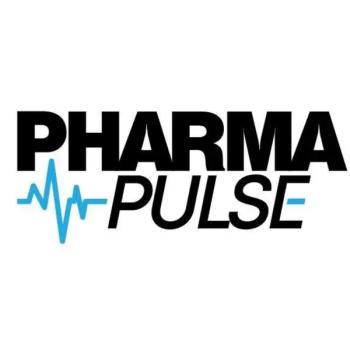
MNX, a global 3PL, certifies its Good Distribution Practices (GDP) standards in Singapore
Company plans to certify locations worldwide for medical devices and clinical trial materials
MNX (Los Angeles), which has been building up its life-sciences service business for the past several years, has jumped on the GDP bandwagon—but in a more thoroughgoing way than some other third-party logistics (3PL) providers. The company contracted with SGS, an international testing, validation and certification organization (US HQ: Rutherford, NJ) to certify its Singapore station as meeting GDP standards for storage, transportation and kitting of medical devices and clinical trial materials (CTMs), including temperature-controlled products. Other MNX locations, including Melbourne, Tokyo, Shanghai, Beijing, New Delhi, Frankfurt, Los Angeles and a recently opened depot in Sao Paulo, are also scheduled to be so certified.
Onno Boots, managing director, Asia-Pacific for MNX, says that the company had already received ISO certifications for many of its operations, “and the GDP standards are generally only an extension of those standards.” He adds that the company life sciences business is the fastest-growing of its service sectors, which include aerospace and the entertainment industries. “We’re winning life sciences business by positioning ourselves as more specialized than the major international logistics integrators, yet providing a broader range of capabilities as compared to the specialized courier companies that handle CTMs. We work both with major pharma companies and with the clinical research organizations that hire them.”
GDP
Newsletter
Stay ahead in the life sciences industry with Pharmaceutical Commerce, the latest news, trends, and strategies in drug distribution, commercialization, and market access.




